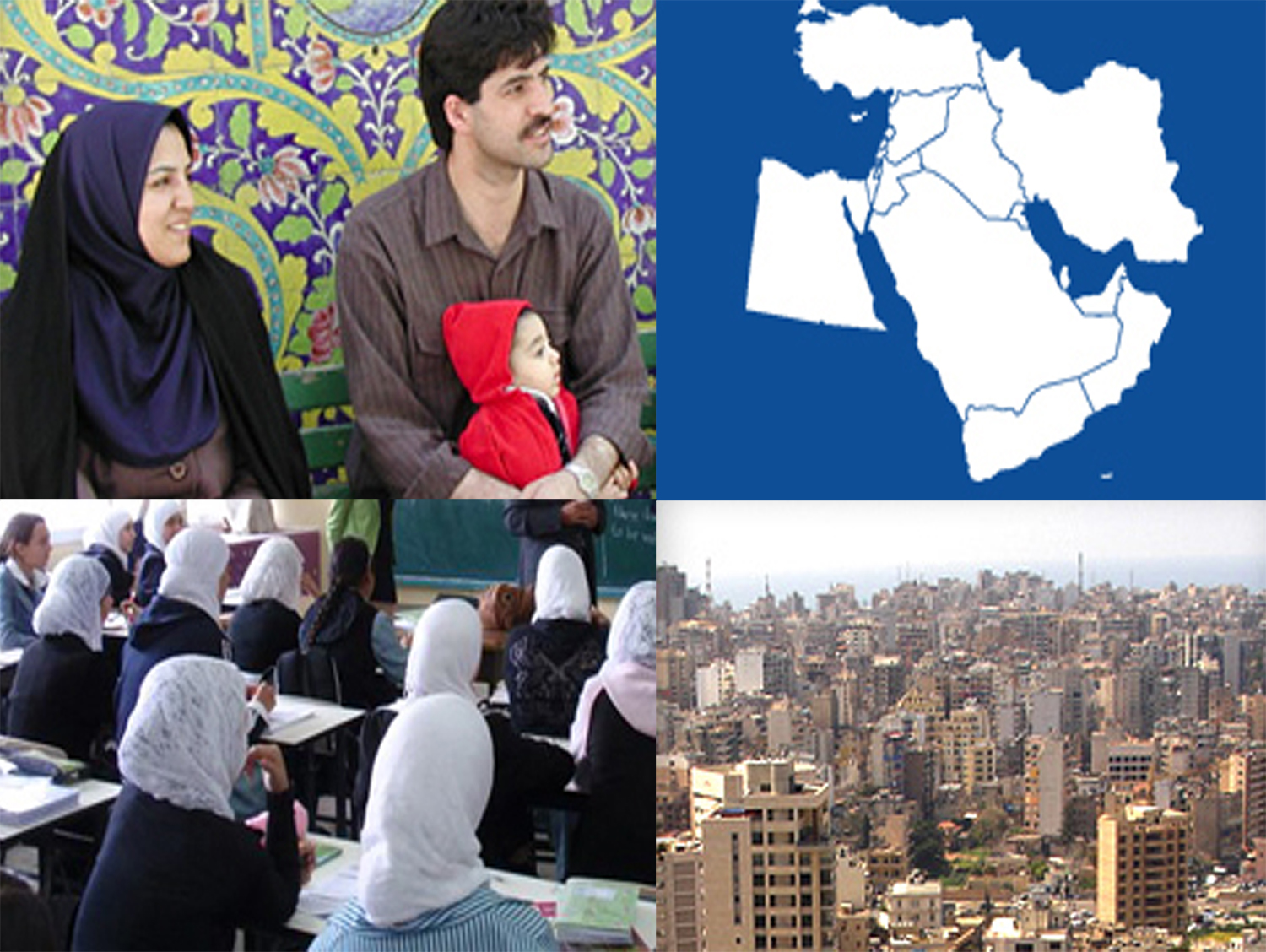Middle Eastern Studies Program
From the Program Director, Dr. Dina Le Gall
Drawing on faculty from a number of departments, the Interdisciplinary Program in Middle Eastern Studies seeks to provide students with an introduction to an area of the world that is as historically and culturally rich as it is critical to today’s geopolitics. The double purpose is to introduce students to a variety of topics and issues in the history, politics, languages, societies, and cultures of the Middle East and to give them the opportunity to study the Middle East using the tools of diverse disciplines. We define the Middle East broadly to include the whole area from North Africa to Afghanistan.
The program is offered as a minor field that complements a wide array of majors. It is particularly valuable for students who wish to combine an interest in the Middle East with majors such as History, Anthropology, Sociology, Political Science, or Languages and Literatures in preparation for graduate work in Middle Eastern Studies or for professional careers in education, business, media, government, human rights, diplomacy, and law, among others.















